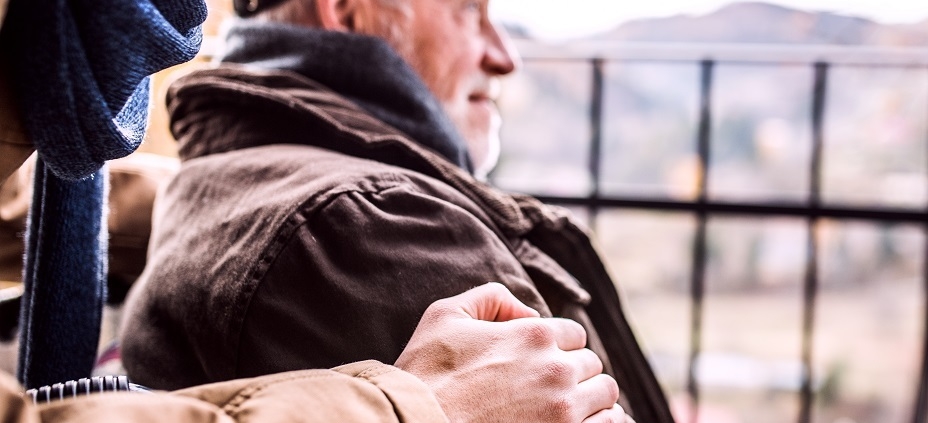Holiness When Parents Are Getting Older
Relationships with aging parents are emotionally complicated and even spiritually challenging. On the one hand, there is the interplay of emotions including love, guilt, responsibility, shame, support, and disappointment. On the other hand these are the people who gave us life through the miracle of procreation. Out of this profusion of emotional entanglement and transcendent significance, God measures our godliness by the way we treat our parents. Fast-forward to the 21st Century and holiness just gets a lot more complex.
We begin this week’s reading of Parshat Kedoshim with God telling Moses to teach the people that they are to be holy because God is holy. The first instruction thereafter is to revere parents. The prime demonstration of holiness is how we treat our parents.
If you aspire to holiness, you are using an ancient text to navigate a technologically advanced world. Torah may be eternal, but compliance with its precepts is made more challenging by modernity. No example is more poignant than the directive to venerate parents.
Enter modern medicine. Our parents are generally living longer. Longevity might be accompanied by health challenges. Difficult choices have to be made about long-term care, accessible living arrangements, financial insecurity and aggressive medical treatment. Setting aside what the bible says about Methuselah, humans weren’t designed to live for centuries. We haven’t planned well for longevity from a medical, residential, financial, or spiritual perspective.
Then comes the inflection point in time. One day the adult child recognizes that a role reversal has occurred. On that day the parent is now the dependent; the child in the relationship. The upended relationship tests how well we revere our parents. In biblical speak, in the relationship between adult child caretaker and elderly parent as dependent, we are called upon to sustain holiness nonetheless.
Yes, this is personal. My mother is 87. She has endured many health challenges in the past three years. I am often caught between being supportive and being authoritarian. Won’t you sign up for automatic bill pay? Please don’t fire the caretaker we hired. Where will you live if you can’t take care of yourself? Should you be driving? Do I pose these questions with respect and love or out of exasperation and annoyance?
How well we honor a parent’s autonomy even as we support them is a measure of holiness. Maintaining appropriate boundaries while being sufficiently compassionate is a test of our understanding of holiness. Willingness to listen and be respectful is a demonstration of one’s inclination toward holiness.
Most days, I don’t feel so holy. I am grappling with that interplay of love, guilt, responsibility, shame, support, and disappointment; never really knowing if I am being sufficiently empathetic while attempting to maintain healthy boundaries.
If you are listening God, I’d like an addendum to Torah. Exactly how much reverence for parents is required to be holy in your sight? Had you foreseen how difficult the challenge would be as parents live into advanced age and in poor health? And the multi-million-shekel question, am I setting a good example for my children on how to care for me if and when I am elderly? I hope to give my children the opportunity to demonstrate their inclination toward holiness too!
Rabbi Evan Krame






 Evan J. Krame was ordained as a rabbi by the
Evan J. Krame was ordained as a rabbi by the